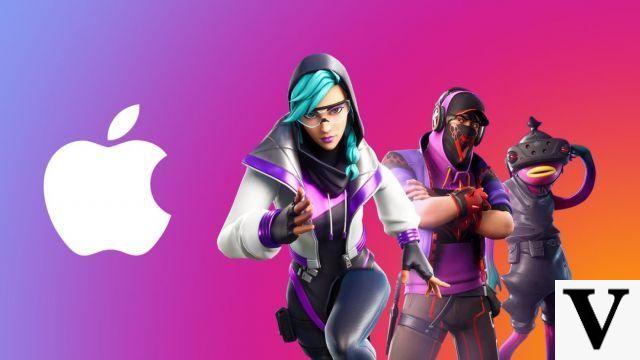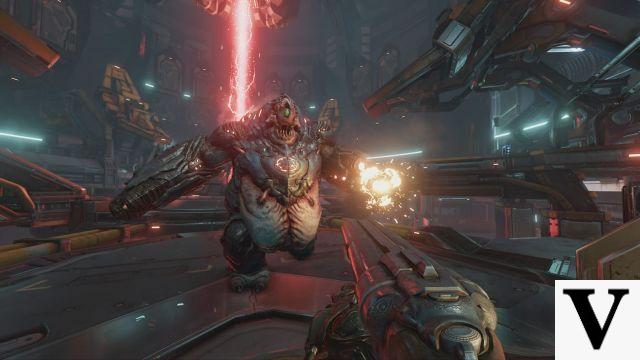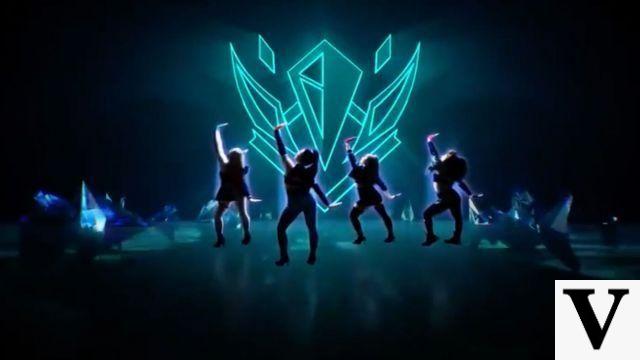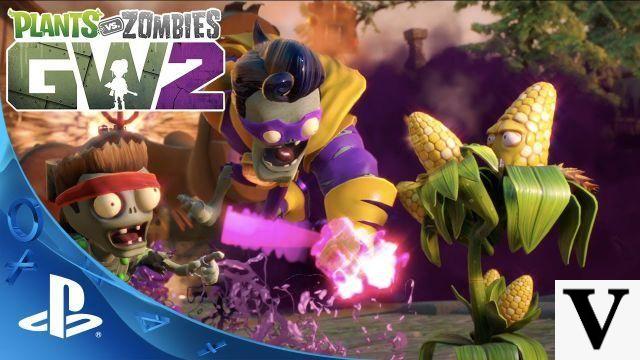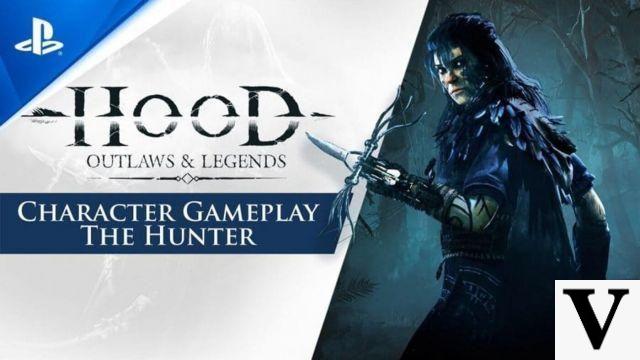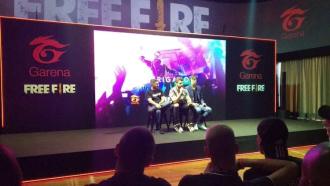Last week, during the Tokyo Game Show (TGS) 2019 we had two long gameplays (48min and 34min) of the game Death Stranding with Hideo Kojima narrating. During the broadcasts, we can check more closely how the game would work, thus getting a better idea of what the work will provide. However, if you think you already know what it's about after having watched an hour and twenty minutes of the game, believe me, you're wrong, as even the Death Strading developer team didn't understand at first, even playing for longer.
Through the interview made by the gameinformer website, it was possible to understand Kojima's intentions with Death Stranding and it is impressive how far the developer has come to pass on some elements.
Kojima, during the interview says that the moment he was most excited to talk was about the lonely feeling of playing, which is very common, even when playing online. He says many gamers are having fun on the couch and can sometimes think "I'm alone and maybe strangely playing all alone", all this on a routine basis. In the game you are traveling with the baby and you may feel lonely, however there may be a moment when you will notice something like "Is there someone really like me who felt this loneliness", because of the asynchronous multiplayer.
Asynchronous multiplayer lets you play with other people in the world, but without seeing them. When walking through the environment, you can find objects and supplies along the way and indirectly the player will feel that he is not alone. This is the first of the triggers that Kojima wanted to bring, bringing something different to his games.

Throughout the game it is possible to receive "likes" ("Likes") from other people. But Kojima's idea is not to bring this tool as a form of praise or fame, as most games work that way these days, where you want something in return for having done something. What the creator of the game thought was that players should give "likes" unconditionally, something like "unconditional love", give something without expecting anything in return. The user will be able to see how many likes he received, but this would be a small reward only.
The idea of "likes" is to unite players to make the world of Death Stranding better, because according to Kojima, the world scene is already dark and lower than you think. So why not add something to make the game experience more positive? That was Kojima's thought when entering the "likes".
In an attempt to bring the player closer to reality, so that he has an even greater immersion in the game, Kojima decided to give more freedom to the user to do what he wants in some cases.
The first of them is the possibility to modify the design of your character, such as clothes, colors, accessories, etc.
Another point he wanted to make was something that a lot of games do, which is the fact that they don't put a limit on items to carry. In Death Stranding it is necessary to think about what is most important to take with you and how you will carry certain items (organization). There are also other effects that Kojima wanted to put into the scenario, like when you enter a river, the force of the water pushes you away from the bank, either by the pressure or the weight of what you are carrying.
Lastly, Kojima wanted to make the player able to go anywhere in his world. In other games, there are often limitations on how far you can go with the character, creating barriers to prevent users from trespassing. In Death Stranding, you'll define the routes you want to follow and whether or not you want to pass through a certain area of the map. This aspect can make it fun to walk around the world and discover its nuances.
Now you might think, as there have been some out there saying, "it's a walking simulator". But according to Kojima, that's the goal. Because he's creating a new genre of game, if nobody said anything, it wouldn't be something innovative. The same thing happened when he first created the "stealth" genre with Metal Gear.
According to Kojima, the game's theme is "Connection", that's the message he wants to bring to anyone who plays it. And one of the ideas he had to demonstrate this was the question of the message that a person can convey through certain actions. In the old days, for example, a soldier would write a letter with the words "I don't know when I'm going to die" and it would take months for it to reach the loved one, and when this person receives it, he thinks "he might be dead". As she thinks about it, she starts to wonder what the soldier was thinking when he wrote the message, however, as everything we do today is in real time, Kojima had to adapt to convey that sense of connection.

- Minimum and recommended requirements to run Fortnite on PC in 2022
- Minimum requirements to play PUBG on PC
Fonte: gameinformer



![[Final Fantasy VII Remake] Game has cover art revealed and gets new trailer](/images/posts/70a6820dec6cf2b861cb995684eade73-0.jpg)
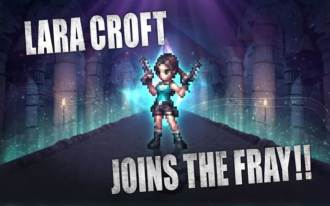

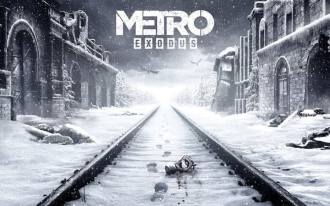

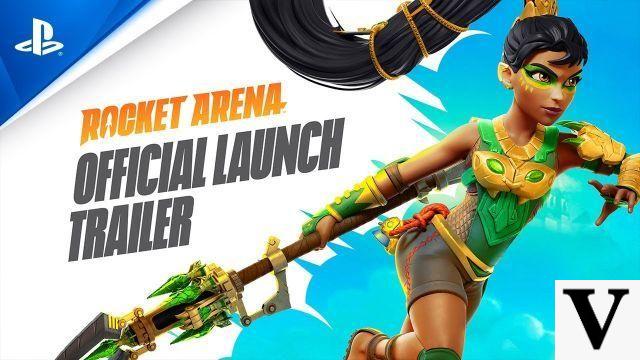
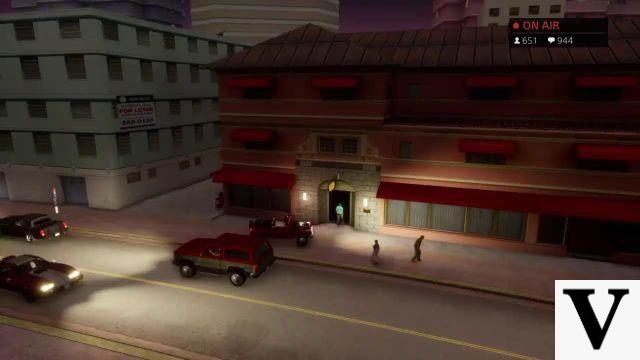
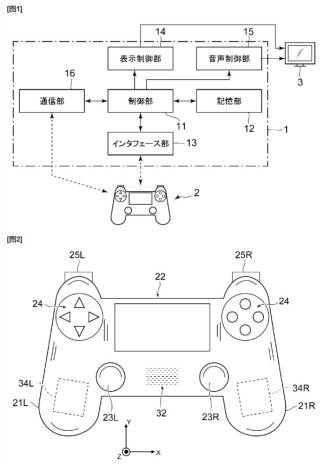
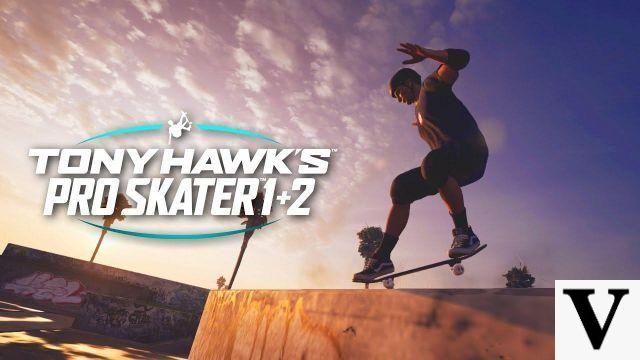
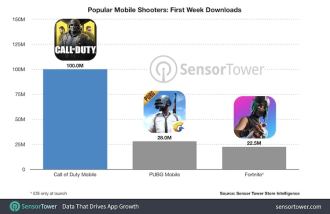
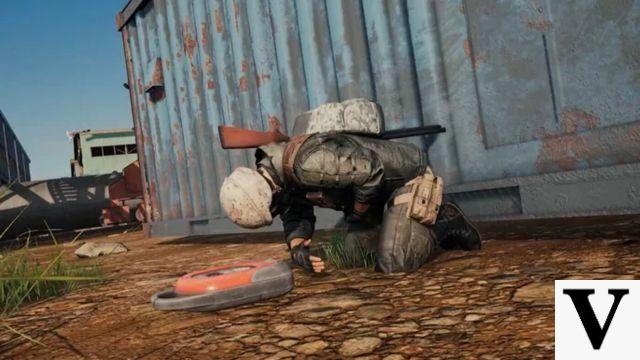
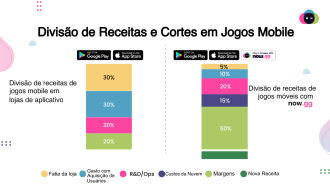


![[Gamescom 2019] One Piece Pirate Warriors 4 gets new trailer!](/images/posts/ece3eb87925291a2ffcfa9e013e009da-0.jpg)
